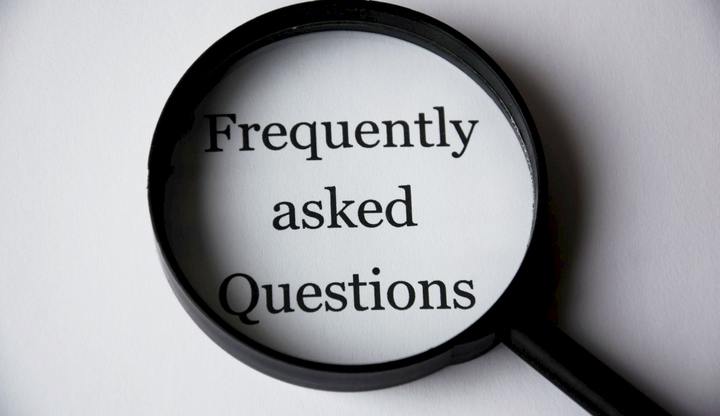FAQs
CASE is often contacted about how to get into Space Medicine. Dr Daniel Grant has put together some of our most frequently asked questions to help you with your chosen career.
Training:
- Can I train in space medicine?
Yes, you can now. As of 2016 the GMC approved training in space and aviation medicine. You can apply for the specialty after core training, which means you’ll either have to have completed core medical training, GP training or similar to be eligible. You can find out more about it here
- How long is training?
The specialty programme is 4 years long, although you will be encouraged to do a PhD or similar.
- Can anyone do it?
Not really. This is not an NHS specialty, it is private, which means you’ll need to get sponsored through it. The RAF and Civil Aviation Authority are the two obvious choices, though they may well desire a stronger focus on aviation medicine, rather than space. It is possible to find other companies or individuals to sponsor you through it, such as space tourism and exploration companies, but these cases will need to be discussed on an individual level well in advance of your application.
- What if I don’t want to do specialty training?
That’s okay. There’s still plenty of opportunities to get involved in space medicine and carve out your niche. As time goes on it is likely that space and aviation medicine consultants will be the most highly in demand. However, you can apply your own specialty to space medicine, be it anaesthetics, obs & gynae, paediatrics, GP, etc. Of course, this is something you will pursue on an individual level.
Space Medicine Experience
- What educational opportunities are there to get stuck into space medicine?
Every year there is a Principle of Space and Aviation Medicine course run by UTMB at NASA. This is the best short course in the world for exposure, networking with peers and experience. It runs in June/July and is open to final year medical students upwards. It gives unprecedented access to the latest research and some of the facilities. You’ll meet people who will become your peers as you all carve out your careers in space medicine.
There is several extremely good Masters courses at Kings University including the Masters in Aerospace Medicine and the Masters in Space Physiology and Health.
At the Bachelors level UCL offers a third year physiology module for life sciences students in Space and Extreme Environment Medicine. This is run by CASE.
- Are there placement opportunities?
Yes, but we’re not always going to be able to flag these up for you. There are opportunities at the DLR and ESA. For non-USA citizens there are unfortunately rarely any opportunities apart from the PASM course. Keep your eye on the opportunities that our friends at UK Space Labs. This site is updated regularly and is an excellent resource. You can even message them directly and get involved with their work.
- Are there research opportunities?
We’re working on this and will list them here when they are available. Unfortunately space medicine research in the UK is not that easy at the moment, but we hope that will change in the foreseeable future.
- What else should I do?
Become a member of AsMA, ESAM and the Royal Aeronautical Society. Head to conferences and network.





